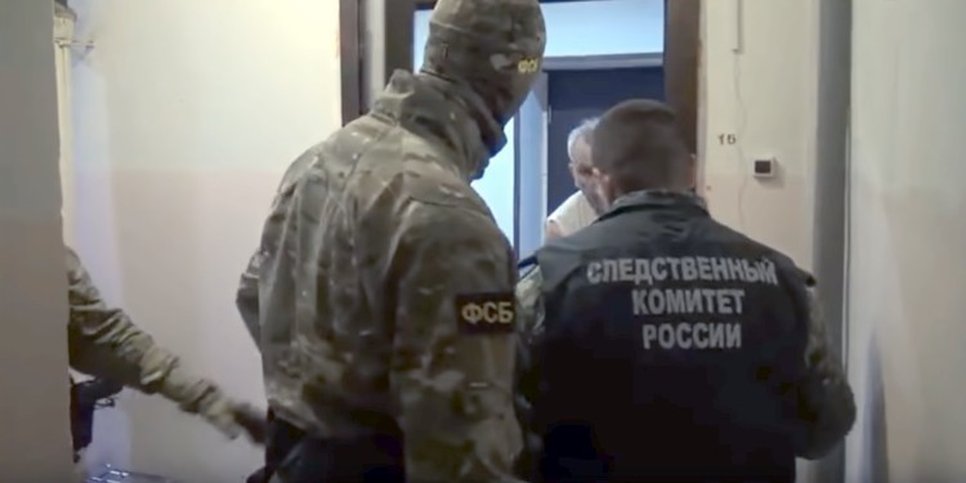Photo: invasion of believers in the Khanty-Mansi Autonomous Okrug in 2019 (archival photo)
Photo: invasion of believers in the Khanty-Mansi Autonomous Okrug in 2019 (archival photo)
On the evening of July 13, 2019, in Yevpatoria (Crimea), FSB officers detained 57-year-old Oleg Osetsky. During the special operation, he became ill, however, the searches continued throughout the night until 8 pm the next day. He was later released.
That evening, friends and acquaintances, fellow believers, among whom was Oleg Osetsky, came to the local resident. In the meantime, the special services put up a cordon around the entrance, after which a group of FSB officers entered the apartment. The security forces interrogated those present on video, recorded their personal data, and also seized personal documents, CDs and printed publications.
This is not the first time that believers in Crimea have had problems. In June 2019, FSB officers conducted a series of raids, as a result of which a 52-year-old local resident was detained. Before that, believers complained about surveillance and wiretapping.
Another search in the apartment of a resident of Sevastopol took place about a month later, on July 7. In both cases, the townspeople were suspected only of adhering to the faith of Jehovah's Witnesses.
What other Crimeans, whose faith the security forces do not like, had to face, is described in the video "Dzhankoy after the raid: how persecution cripples the lives of believers."
The Supreme Court's decision to ban 396 religious organizations of Jehovah's Witnesses in Russia should not have led to persecution of believers. This has been repeatedly assured by both the Ministry of Justice and the government. However, in reality, the ban turned into religious persecution for thousands of believers, and prison and torture for some civilians.
